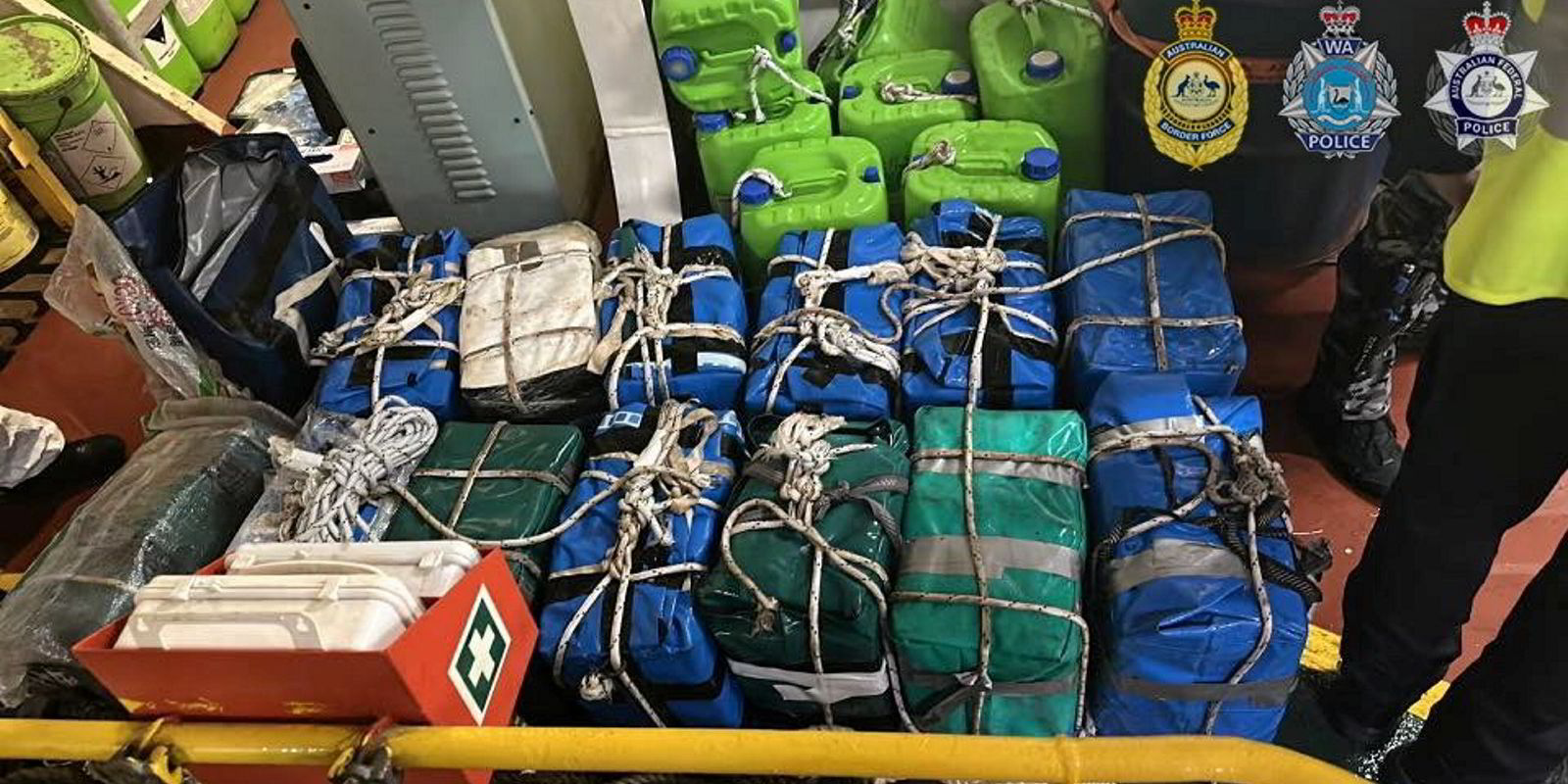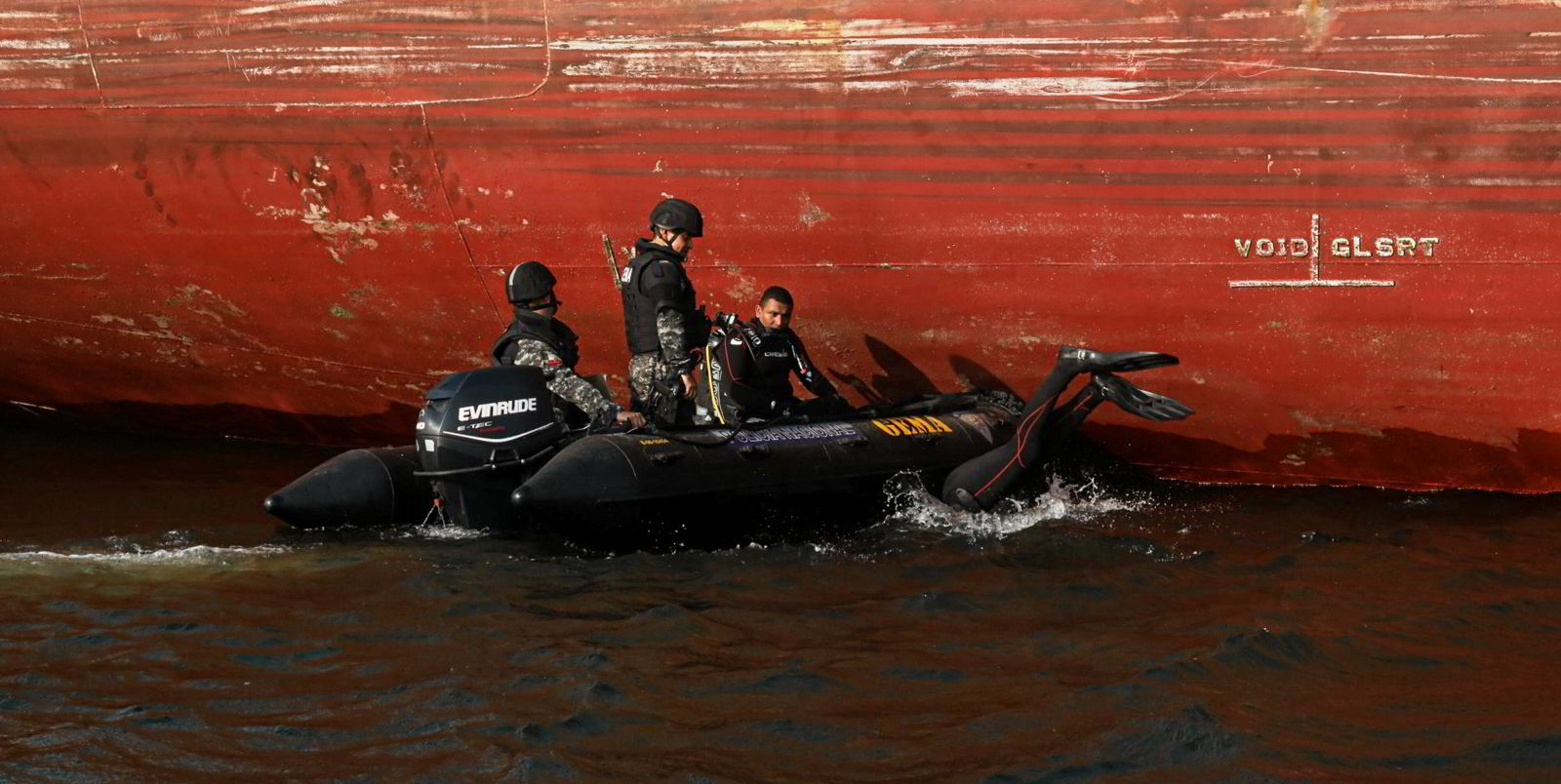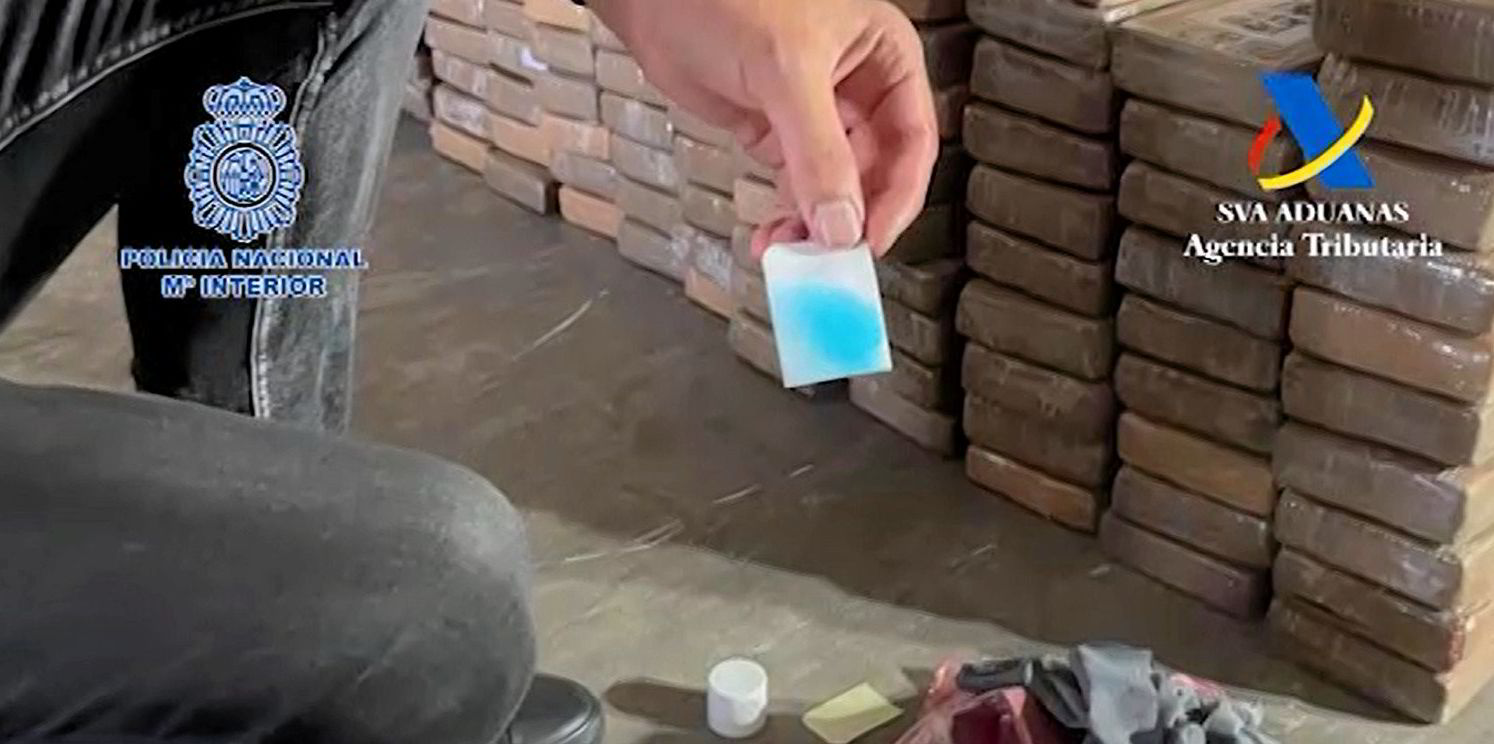Abusive ship arrests and seafarer detentions have replaced piracy as seafarers’ worst nightmare, with adverse effects on crew recruitment among the younger generations, Intercargo executives warned.
“Piracy used to be the issue, now the drug menace has become the biggest challenge for seafarers,” Intercargo special advisor Captain Jay Pillai told reporters in Athens after the dry bulk owner association’s annual meeting on Tuesday.
As airlines stopped flights during the Covid-19 pandemic, traffickers diverted some of the drug flows to bulkers. Narcotics stashed in such vessels is much riskier for crews than, say, in container ships, according to Pillai.
“Containers are stacked in the yard ... when a container is inspected the crew isn’t arrested,” he said. If a hidden drugs stash is found in a bulker’s cargo hold, by contrast, police often arrest the vessel and its entire crew.”
TradeWinds has reported about high-profile seafarer criminalisation cases, such as the one of Polish master Andrzej Lasota, who was jailed for nearly two years in Mexico.
Speaking on Tuesday, Pillai revealed the case of another master stuck in jail in Honduras for the same period.
In a separate, ongoing incident, the master and crew of a vessel carrying sugar from Santos to Lagos have been held in Nigeria for a couple of months now.
TradeWinds has repeatedly reported about drug busts on vessels. In some cases, like that of the 58,000-dwt St Pinot (built 2018), the sheer size of the narcotics haul makes it unlikely they were carried without the knowledge of some of the crew.
Second-class citizens
However, arbitrary detentions like that of Lasota definitely make it harder to recruit seafarers at a time when it is already hard enough to do so, with a large part of the workforce off-limits due to the conflict in Ukraine.
“This kind of thing makes seafaring much less attractive,” Intercargo vice chairman Captain Uttam Kumar Jaiswal said.
“We need to see radical changes in the treatment of seafarers, otherwise there won’t be seafarers,” he added, while pointing out that “this is the time we need to recruit a new breed of seafarers for future fuels, future engines and a greener future”.
In Kumar Jaiswal’s words, drugs come on board because of the inefficiency of ports and host countries.
“The seafarer becomes the innocent victim — that is the major problem,” he said.
Several in the industry feel that seafarers are still treated with suspicion.
“Even after Covid, we see they’re still treated as second-class citizens,” Dimitris Monioudis, special adviser and technical committee vice chairman at Intercargo, said.
“Especially in these days of health awareness and ESG, there’s a lot of talk but not many practical measures taken.”






